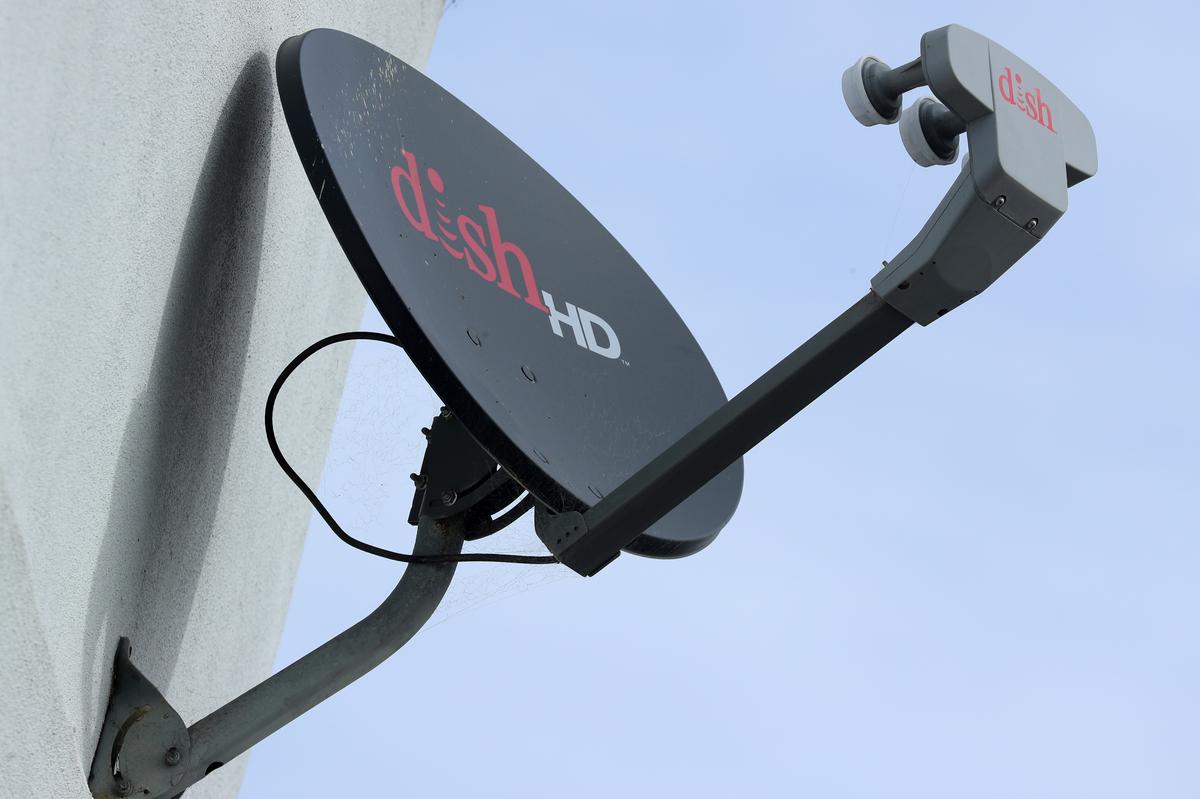(Reuters) – U.S. satellite TV provider Dish Network Corp on Wednesday posted fourth-quarter profit and revenue that beat expectations as it lost fewer pay-TV subscribers.
Dish has struggled to retain pay-TV subscribers as it repositions itself as a wireless phone carrier, because customers are shifting to online streaming services including those from Netflix Inc, Walt Disney Co and Apple Inc.
Dish’s pay-TV business, which includes satellite TV and streaming service Sling TV, lost a net 194,000 subscribers in the fourth quarter, fewer than the 334,000 lost a year earlier.
Sling TV had 94,000 fewer subscribers in the quarter, its first subscriber loss ever.
Net income rose to $389 million, or 69 cents per share, beating Wall Street estimates of 59 cents, according to IBES data from Refinitiv.
Total revenue fell 2.1% to $3.24 billion from $3.31 billion in the year-ago quarter, beating analysts’ average estimate of $3.15 billion.
Dish stands to benefit from the merger between T-Mobile and Sprint Corp, which received the final green light from a federal judge last week. The merger includes Dish acquiring Sprint’s prepaid phone businesses and T-Mobile cell towers to create the fourth-largest U.S. wireless carrier.
The merger puts Dish in the race for the next generation of wireless service. Dish said it would cost $10 billion to build out its virtual 5G network, which relies less on company-specific hardware and software for upgrades.
Some analysts were skeptical about Dish’s estimate.
“Sure, virtualization will help significantly reduce Dish’s cost of equipment,” said Craig Moffett, an analyst at MoffettNathanson, in a note.
But “equipment is only 20% or so of the cost of building a network,” he added, saying labor, tower leases and zoning and other expenses could exceed $10 billion.
Dish Chairman Charlie Ergen pushed back on criticism during an earnings call, saying Dish’s 5G strategy makes the company “a different animal.”
“Some big incumbents today spend as much money in a year or two just to maintain their networks as we’ll spend to build the network,” Ergen said.
The company did not disclose its strategy on the call, but estimated spending $250 million to $500 million for its wireless build-out in 2020, half of its prior forecast for 2019 and 2020.
Dish has committed to providing 5G to at least 70% of the U.S. population by 2023. Missing the deadline would result in $2.2 billion in fines from the U.S. Federal Communications Commission.
Source: Read Full Article
